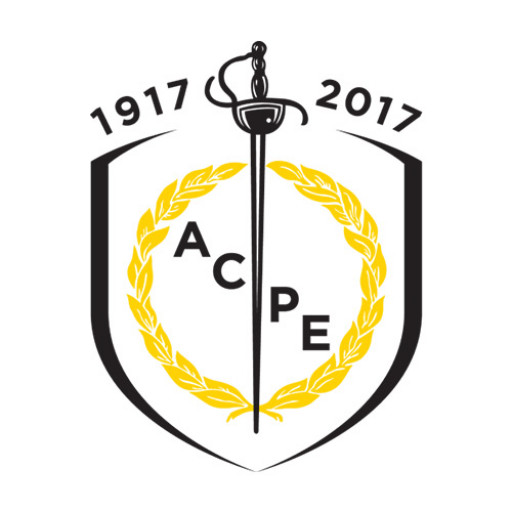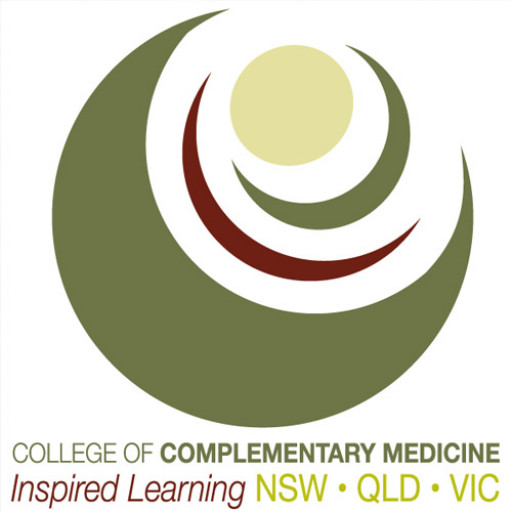Photos of university / #oxford_uni
The Musculoskeletal Sciences programme at the University of Oxford offers an in-depth exploration of the structure, function, and disorders of the musculoskeletal system. This interdisciplinary course is designed to provide students with a comprehensive understanding of bones, muscles, joints, and connective tissues, as well as the biological, mechanical, and clinical principles underlying musculoskeletal health and disease. Through a combination of rigorous theoretical instruction and practical research opportunities, students will examine the latest advances in orthopaedics, rheumatology, sports medicine, and regenerative therapies, equipping them with the skills needed for careers in academia, clinical practice, or biomedical research. The programme emphasizes critical thinking, analytical skills, and evidence-based approaches, preparing graduates to contribute meaningfully to the advancement of musculoskeletal medicine. Students will engage with world-renowned experts in the field, participate in cutting-edge laboratory work, and undertake independent research projects that may lead to innovative solutions for musculoskeletal conditions. The curriculum covers topics such as biomechanics, tissue engineering, imaging techniques, pain management, and rehabilitation strategies. Aside from coursework, students benefit from the university’s extensive network of clinical and research institutions, enabling practical placements and collaborative projects. Typical entrants to the programme include recent graduates in biomedical sciences, medicine, engineering, or related disciplines who are passionate about understanding musculoskeletal disorders and developing new treatments. Upon completion, students will be well-equipped to pursue careers in research, healthcare, or further academic study in musculoskeletal sciences, ultimately contributing to improved patient outcomes and the advancement of medical knowledge in this vital area of human health.
Applicants are strongly advised to visit the Medical Sciences Graduate School website to help them identify the most suitable course and supervisors.
You will develop your research skills through a range of research training in your first year, including compulsory attendance at basic musculoskeletal modules and selection of three topic-related modules. You are also encouraged to work with your supervisor on your research-specific literature review and to develop a study design for your thesis within the three terms of training.
You will be required to attend and present at termly post-graduate seminars, not only to develop your presentation skills but also to benefit from the feedback, support and interaction from your University peers and senior academics. In addition the department runs weekly seminars by internal and external speakers on various clinical and non-clinical musculoskeletal topics, which will provide further opportunity for you to broaden your knowledge in the field.
You are also strongly encouraged to attend skills training courses run by the Medical Sciences Division as well as experiencing teaching/supervising final year undergraduate students, to enhance your skills.
Your attainment will be monitored regularly via:
- completion of a termly report by you and your supervisors
- submission of a 3,000-word report within the first four terms of training
- confirmation of your ability to submit your thesis within the required maximum 12 terms.
Stages 1 and 2 will be assessed by independent senior academics to ensure you are provided with the necessary guidance (if required).
Applicants are normally expected to be predicted or have achieved a first-class or strong upper second-class undergraduate degree with honours (or equivalent international qualifications), as a minimum, in biological sciences and/or related topics. The department also considers applicants from medically qualified individuals. In special circumstances, applications from other medically related subjects (eg nurses, and/or allied health professionals) will be considered for DPhil/MSc by research. Although it is not essential, preference will be given to applicants who have had recent publications and/or awards from various funding bodies.
For applicants with a degree from the USA, the minimum GPA sought is 3.75 out of 4.0.
You do not need to have a previous master's degree to be considered for this DPhil.
If you hold non-UK qualifications and wish to check how your qualifications match these requirements, you can contact the National Recognition Information Centre for the United Kingdom (UK NARIC).
In exceptional circumstances, an applicant could be considered if they have substantial professional experience in a musculoskeletal-related field.
No Graduate Record Examination (GRE) or GMAT scores are sought.
- Official transcript(s)
- CV/résumé
- Statement of purpose/personal statement: Up to three pages
- References/letters of recommendation:Three overall, generally academic
ENGLISH LANGUAGE REQUIREMENTS
Higher level
|
est |
Standard level scores |
Higher level scores |
||
|
IELTS Academic |
7.0 | Minimum 6.5 per component | 7.5 | Minimum 7.0 per component |
|
TOEFL iBT |
100 |
Minimum component scores:
|
110 |
Minimum component scores:
|
| Cambridge Certificate of Proficiency in English (CPE) | 185 |
Minimum 176 per component |
191 |
Minimum 185 per component |
| Cambridge Certificate of Advanced English (CAE) | 185 |
Minimum 176 per component |
191 |
Minimum 185 per component |
The Master of Science in Musculoskeletal Sciences at the University of Oxford offers a comprehensive program designed to equip students with a deep understanding of musculoskeletal health, disease, and treatment. Regarding financing studies, students are encouraged to explore a variety of funding options to support their education. The University of Oxford provides a range of scholarships, bursaries, and grants specifically for postgraduate students, including those enrolled in the Musculoskeletal Sciences program. These financial awards are highly competitive and are intended to assist with tuition fees, living expenses, and research costs. Prospective students should consult the official Oxford Graduate Funding Database to identify available scholarships and bursaries, some of which are designated for students in health sciences or related fields. Additionally, many students finance their studies through external funding sources such as government loans, research council grants, private foundations, and charitable organizations. The UK government offers postgraduate loans that students can apply for to cover tuition and living costs, with eligibility criteria and repayment terms to be reviewed on official government websites. International students may also seek funding from their home countries or through international scholarship programs. It is advisable for applicants to contact the university’s student financial services or the Department of Orthopaedics at Oxford for personalized guidance on funding opportunities specific to the Musculoskeletal Sciences program. Furthermore, students are encouraged to consider part-time employment opportunities or research assistantships that may provide additional financial support during their studies. The university also provides information on housing grants and subsidies which can alleviate living expenses. Overall, students are advised to plan their finances carefully and start applying for funding well in advance of the program start date to ensure adequate preparation and coverage of their study costs.
The MSc in Musculoskeletal Sciences at the University of Oxford offers a comprehensive and interdisciplinary postgraduate qualification designed for healthcare professionals, researchers, and students interested in the study of musculoskeletal health. The programme provides an in-depth understanding of the biology, pathology, diagnosis, and management of musculoskeletal disorders, integrating principles from medicine, biology, engineering, and rehabilitation sciences. Delivered by leading experts in the field, the course emphasizes both theoretical knowledge and practical skills, fostering an appreciation for the latest research and innovative techniques used in diagnosis and treatment.
Students participating in this programme benefit from a multidisciplinary curriculum that covers a variety of topics including orthopaedics, rheumatology, sports medicine, imaging techniques, biomechanics, tissue engineering, and regenerative medicine. The course is designed to combine core lectures, seminars, practical sessions, and research projects, allowing for active engagement and hands-on experience. Students also have opportunities to collaborate with clinicians and researchers across different departments, promoting interdisciplinary learning and fostering networks within the field.
The MSc is structured to be completed in one year full-time or two years part-time, accommodating professionals who wish to enhance their expertise while maintaining their career commitments. Assessment methods include written examinations, coursework, presentations, and a research dissertation. The programme culminates in a substantial research project, which often involves data collection and analysis, providing students with essential skills for academic or clinical research careers.
The university's state-of-the-art facilities and close links with hospitals and research institutes provide a rich environment for learning and research. The programme is suitable for a wide range of applicants, including medical graduates, physiotherapists, orthopaedic surgeons, rheumatologists, sports and exercise scientists, and biomedical engineers. Graduates of the MSc in Musculoskeletal Sciences are equipped to progress into specialist clinical roles, research careers, or further academic study such as a DPhil.
Overall, the programme aims to produce graduates who are not only knowledgeable about musculoskeletal health and disease but also capable of applying this knowledge in clinical, research, and policy-making settings. The course exemplifies Oxford’s commitment to excellence in education and research and prepares students to advance healthcare in musculoskeletal medicine across the globe.








